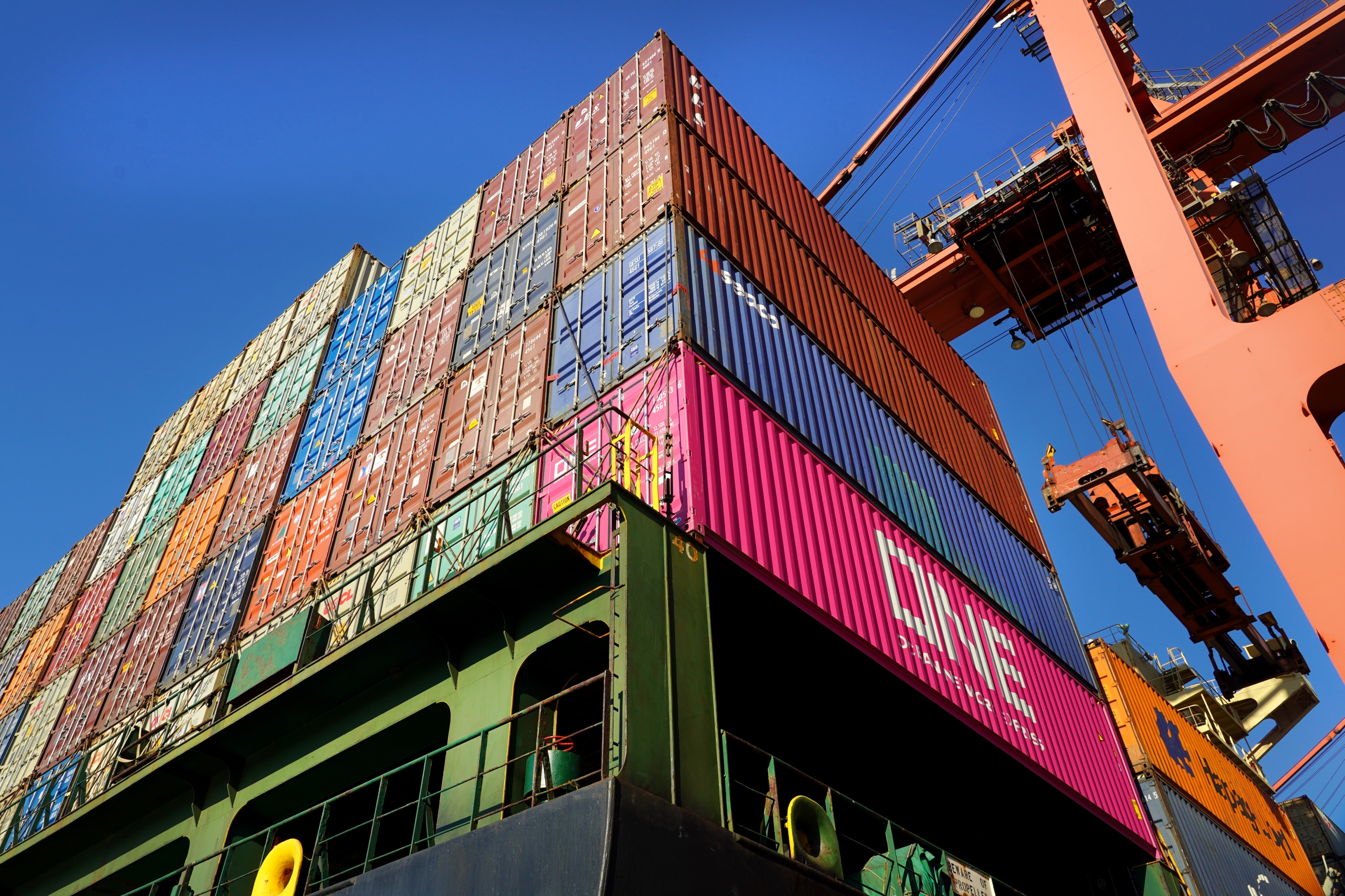
This project aims to address the SPS challenges faced by cashew and sesame exports from Burkina Faso through a comprehensive capacity-building initiative to mitigate SPS risks and enhance compliance with international standards across their value chains. The project will focus on two pilot regions, one per commodity, and work closely with selected cooperatives, transporters, processors, exporters, and relevant public agencies. The project ultimately seeks to reduce the rate of rejected shipments, improve product quality and safety, raise rural incomes, and reinforce Burkina Faso’s standing as a reliable supplier of cashew and sesame to international markets.
Cashew and sesame are two of the most important export-oriented agricultural products in Burkina Faso, both in terms of revenue generation and their socio-economic impact, especially among rural populations. The steady expansion of the production of raw cashew nuts in recent years has made Burkina Faso the ninth-largest global producer and the fourth in Africa. Moreover, cashew ranks second in agricultural export earnings, bringing in US$165 million in 2022. Likewise, sesame is cultivated on nearly 400,000 hectares across all 13 regions of the country and accounted for over US$68 million in export revenues the same year, making it the third most important export crop after cotton and cashew. Importantly, these two commodities provide livelihoods for over 3 million smallholder farmers across the country.
Despite the export performance, both sectors face significant SPS challenges that compromise their export potential. A growing number of export consignments have been rejected by importing countries due to non-compliance with international food safety and phytosanitary standards. For example, between 2020 and 2023, over 3,800 tonnes of raw cashew nuts exports to India were rejected due to the presence of quarantine pests such as Ahasverus advena and Tribolium castaneum. This represented a financial loss of more than US$4.5 million. Similarly, sesame exports to Japan and the EU have faced rejection owing to excessive pesticide residues, aflatoxins, and salmonella contamination. These rejections not only result in direct economic losses but also jeopardize the country's export reputation, triggering stricter inspections.